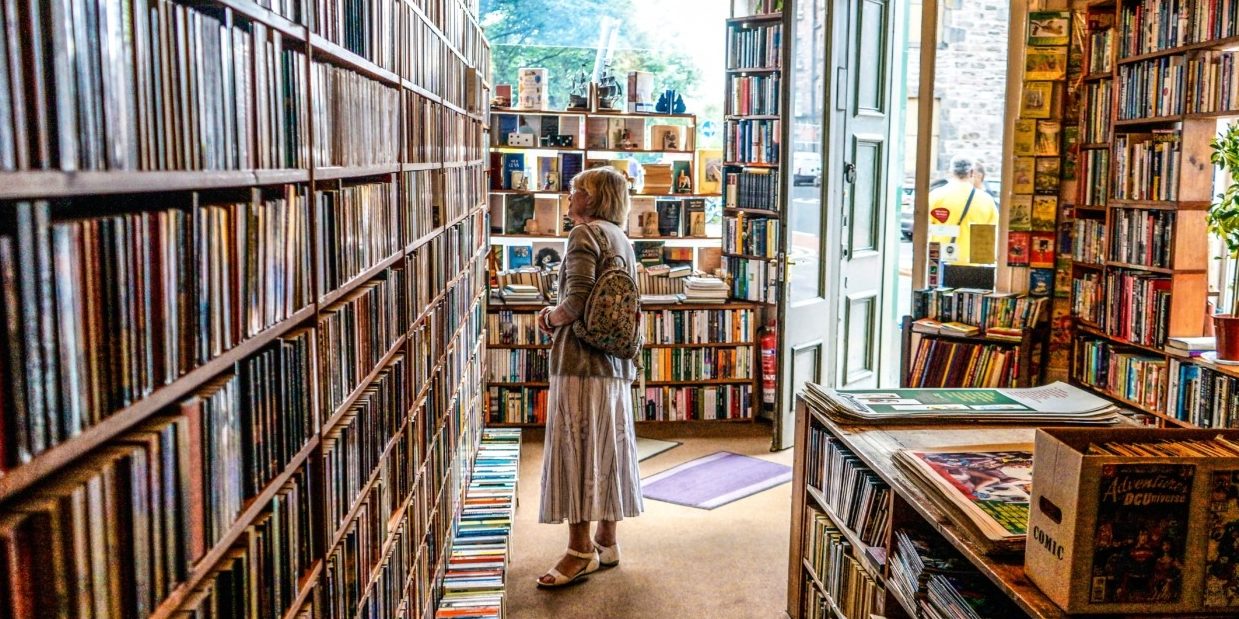Small change, big impact: second-hand books
One often hears the phrase: “there’s nothing quite like the smell of a new book”. Despite the rise of Kindles, E books and other electronic forms of literature, the allure of physical reading material continues to attract new customers. Book sales have increased in recent years; 190.9 million books were bought in the UK in 2018 alone. However, a growing share in this figure belongs to second hand material. Second hand books are cheaper and more environmentally friendly, limiting the need to waste energy to recycle books or create new ones. Could they pave the way to a more climate conscious market?
Second hand books are continually increasing in popularity. Patrik Oqvist, CEO of the company World of Books, the UK’s largest second-hand book retailer, estimates the market is growing by 8-10% a year. Companies like World of Books, dedicated to buying and re-selling old books are rapidly increasing in size and popularity. They sell a spectrum of books from classics to manuals to activity books to annuals at a fraction of the retail price. This, coupled with the lesser environmental impact of the stock, offers a seemingly perfect alternative to buying new books.
For every less than perfect edition, there is more than likely a better one out there, you just have to look around
However, many still hold reservations to using old books. A recent article by The Guardian highlights some such complaints. Using comparisons ranging from a “salad bar in a staff canteen at the end of a hot weekday” and “a recently-vacated cubicle in a public toilet”, these oddly specific qualms do display one major issue with second hand books: their quality. Many books received by companies such as Oxfam and World of Books can be of exceedingly poor quality. When people are trying to get rid of clutter, you can end up with books full of scribbles or worse, as conveyed by The Guardian. Nevertheless, for every less than perfect edition, there is more than likely a better one out there, you just have to look around.
For better or for worse, second hand books represent a rapidly growing area of the printed book market, and with their far lesser environmental impact, this may be the way forwards. Surely we can overlook a few scrappy novels to pave the way for a wealth of others.

Comments (1)
I am looking for a FULL copy of Agenda 2030, this is not now available. It is a very large book. I do not want the overview which is a whitewash.